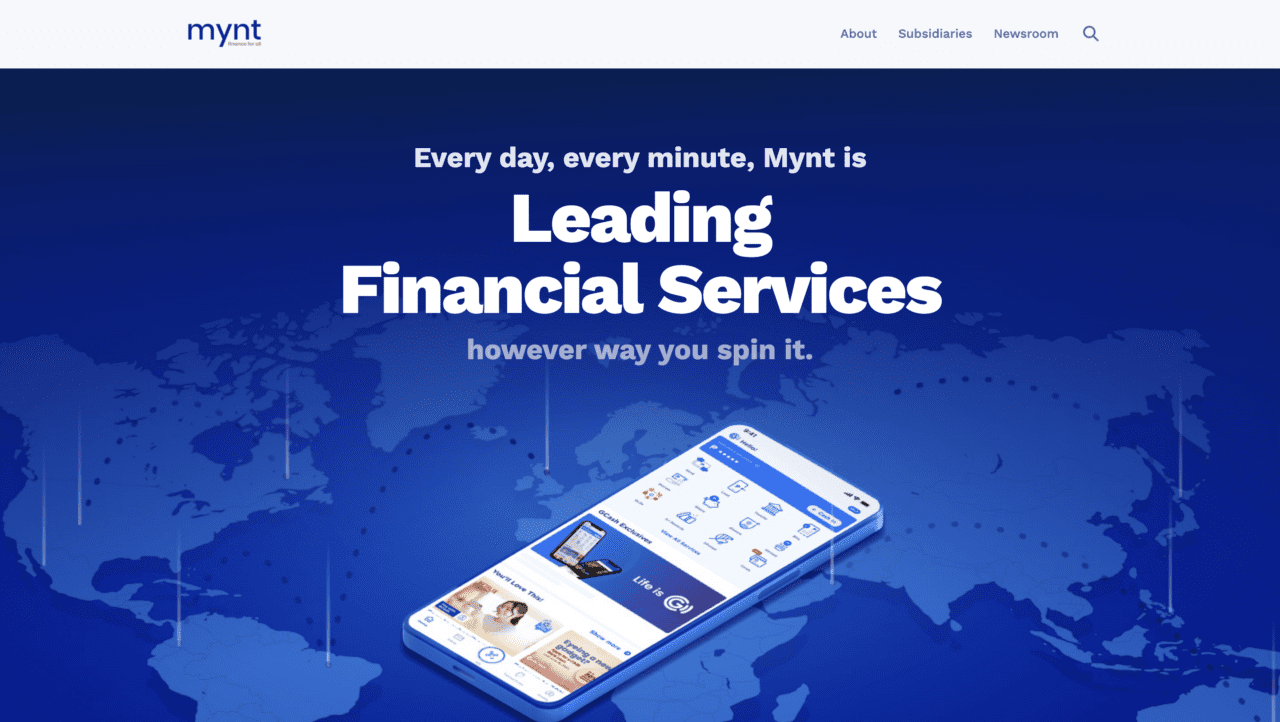
A look at the companies demoing at FinovateFall in New York on September 9 and 10. Register today using this link and save 20%.
Abrigo
Abrigo has been trusted by 2,500+ financial institutions for over 20 years to fight financial crime. The organization’s FinCrime suite includes market leading AML and fraud solutions.
Features
- Offers AI/ML-powered check image analysis
- Delivers nationwide consortium of check fraud data
- Includes configurable rules engine
Who’s it for?
U.S. banks and credit unions.
Bancography
Branches consume sizable capital and noninterest expense costs. Bancography Plan maximizes those investments by identifying opportunities to deploy new branches and reconfigure or close current ones.
Features
- Examine prospective merger candidates
- Identify overlapping branches and forecast attrition
- View full pro forma financial impact, before and after closures
- Detect impacts on efficiency ratio and ROA
Who’s it for?
Banks and credit unions.
Diadem Capital
Diadem Capital is a deal flow engine and fundraising solution connecting private companies to private capital ranging across venture capital, private equity, venture debt, and non dilutive funding sources.
Features
Diadem Capital helps investors and lenders streamline due diligence, showcasing only the top prospects. Founders get one-to-one intros to otherwise inaccessible investors.
Who’s it for?
Diadem Capital is a two-sided marketplace catering to any private capital provider looking for deals and private company looking for capital. It is sector, stage, and geography agnostic.
iDENTIFY
iDENTIFY revolutionizes banking with a data validation tool that seamlessly integrates legacy and modern tech, transforming raw data into actionable insights for banks.
Features
- Offers real-time data validation
- Delivers seamless integration
- Provides enhanced insights
Who’s it for?
Banks and credit unions.
Nest Bank & Efigence
Nest Bank, Poland’s first AI-enhanced bank, offers entrepreneurs and individuals innovative payment methods and personalized services. Efigence is a technology company that has been in operation since 1995.
Features
- Expense tracking: Monitors and categorizes spending
- AI-driven predictions: Forecasts future trends from users’ past actions
- Placing instructions: Makes money transfers or issues virtual cards
Who’s it for?
Nest! has a diverse range of clients: Individuals and entrepreneurs who drive over 50% of Poland’s GDP.
Rapid Finance
Rapid Finance empowers enterprises to streamline their small business lending program. Lynx helps users take control of their data and unlock its potential.
Features
- Offers comprehensive and holistic 360° views of customers
- Advanced AI and analytics provides real time insights and patterns
- Customizable rules engine allows users to automate decision making
Who’s it for?
Banks, credit unions, fintechs, neobanks, lending institutions, payment processors, insurance companies, lending and banking platforms, investment banks, wealth management firms, and more.
Winnow
Winnow AI leverages the power of LLP and NLP artificial intelligence. It allows customers to get lightning-fast answers to basic legal questions around topics that Winnow covers.
Features
- Quickly answers basic legal questions
- Generates responses based on Winnow’s 60,000+ attorney-reviewed legal requirements
- Reduces time and effort typically spent on legal research
Who’s it for?
Banks, credit unions, fintechs, and lenders.


















